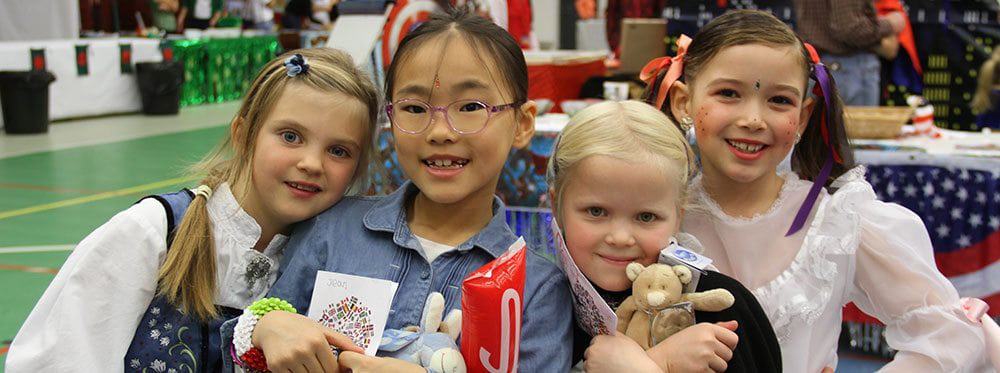A “Third Culture Kid” (TCK) is a term used for children who spend a significant portion of their developmental years in a culture different from their parents. This can happen due to their parents’ work, migration, or other reasons. Children who attend international schools, live in different countries or frequently travel abroad with their parents fall under this category.
Growing up as a TCK can offer several long-term benefits.
Interpersonal skills
These children develop remarkable interpersonal and intercultural skills, which make them highly adaptable.
Open-minded
Their exposure to multiple cultures helps them easily navigate different customs, beliefs, and values, making them more open-minded and accepting of diversity.
Multilingualism
Since TCKs are exposed to other languages at a young age, they are more likely to become multilingual, which is a great advantage in an increasingly interconnected world.
Appreciation of different ways of life
Moreover, TCKs often have the opportunity to travel extensively, which increases their knowledge of the world and exposes them to different people and situations. They become curious about new cultures, which helps them develop a global perspective. This exposure to diverse environments can lead to a broader sense of empathy as TCKs learn to understand and appreciate different ways of life.
Summary
Overall, growing up as a Third-Culture Kid is a unique and enriching experience that shapes a child’s personality and helps them become well-rounded adults. TCKs often learn to value the importance of adaptability, resilience, and cross-cultural communication, making them valuable members of a global community.
